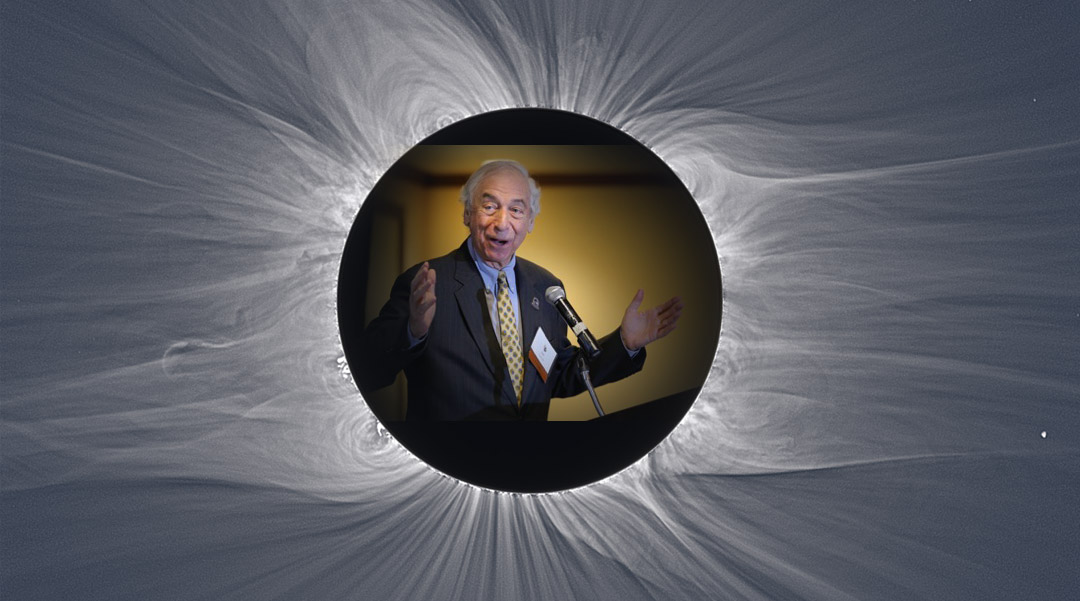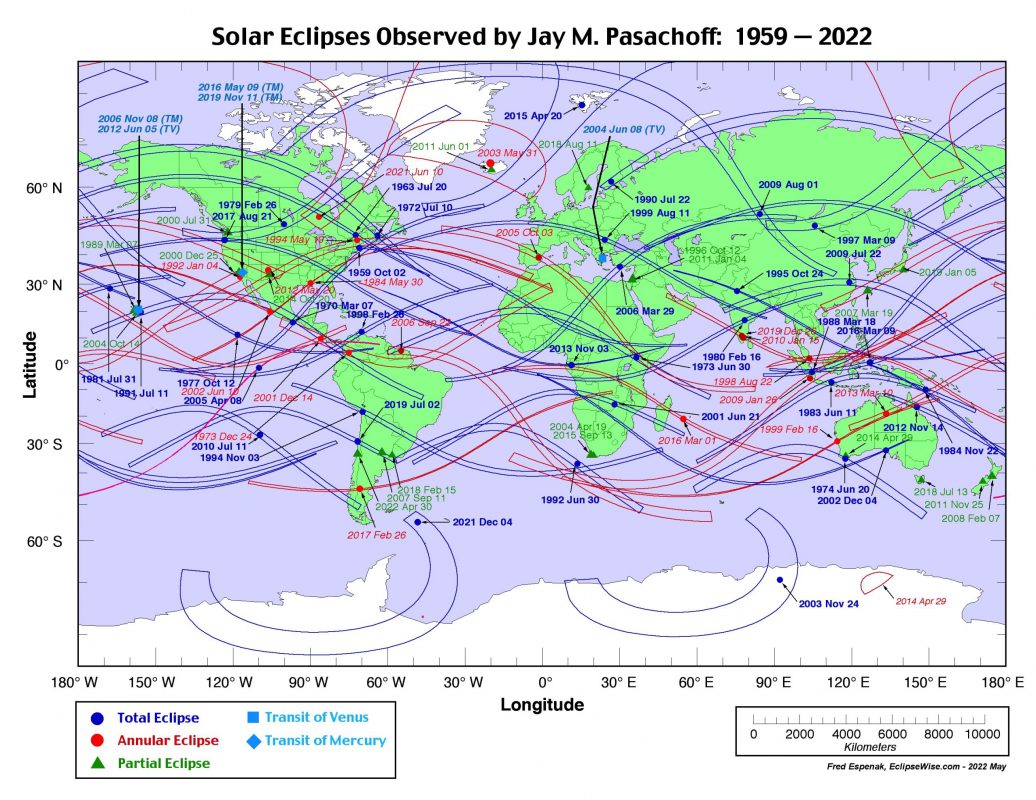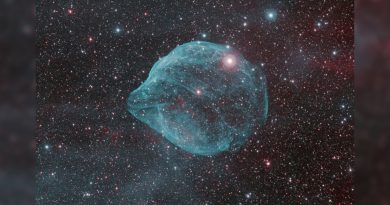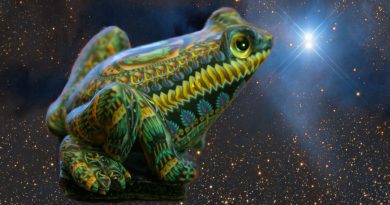The Life of Dr. Jay M. Pasachoff

We were saddened to learn last week of the passing of a veteran eclipse chaser and friend of Tele Vue Optics: Dr. Jay M. Pasachoff, Williams College Field Memorial Professor of Astronomy and director of the Hopkins Observatory in Massachusetts. He was 79 years old. Over the years, he acquired many of our small, airline-portable refractors for his expeditions to solar eclipses around the world. Dr. Pasachoff kindly allowed us to use the resulting images on our website and blog.
Born in Manhattan, childhood visits to the Hayden Planetarium inspired his interest in astronomy and he graduated from the Bronx High School of Science in 1959. Our company founder, Al Nagler, and Dr. Pasachoff shared this same path as two New York City children who developed a love for amateur astronomy. It surely is what made them kindred spirits. Dr. Pasachoff attributed his admission to Harvard, at the age of 16, in large part to a telescope he built (including mirror grinding) under the supervision of the Amateur Astronomers Association of New York and participating in the Smithsonian’s Project Moonwatch satellite tracking program.

He saw his first solar eclipse aboard a DC-3 aircraft off the coast of Massachusetts as part of a freshman seminar class taught by solar eclipse expert Dr. Donald Menzel. The experience of flying through the Moon’s umbral shadow at totality was captivating enough to turn him into a dedicated “umbraphile” with 70-odd solar eclipses under his belt. “He probably saw more solar eclipses than any other human in history,” said the New York Times. An eclipse evangelizer, a Jay Pasachoff eclipse entourage could include undergraduates, high schoolers, and other interested persons. His expedition with students to Salem, OR, for the Great American Eclipse 2017 was prominently featured in NOVA’s Eclipse Over America episode.

He maintained a website, Williams College Solar Eclipse Expeditions, with a world map displaying the track of every eclipse he witnessed along with his observation location. Links on this page document the details of each trip: from his first eclipse in 1959 to the partial eclipse of April 30, 2022 in Chile that he observed. Browsing through his Expeditions archive pages, the scientific photos and diagrams at the top of each expedition page give way to casual images of people and local sights. These pages are really the scrapbook of his life’s journey — one eclipse at a time. From Siberia to Papua New Guinea to Zambia, to Mexico to India, and the most remote regions of the Pacific and poles, if there was an eclipse, Dr. Pasachoff was there to do science and explore the local area. We highlighted Pasachoff’s eclipse-chasing life in the run-up to the December 4, 2021Total Solar Eclipse that favored the Antarctic. That would be the last total solar eclipse he witnessed.

Gorst, Martin director. Eclipse Over America. Wistia.com, uploaded by NOVA. Airdate: August 21, 2017. Link:: https://nova.wistia.com/medias/py80aesc2x (7:59)
Asteroid 5100 Pasachoff is named after Dr. Pasachoff. He is survived by his wife, Naomi Pasachoff (a biographer and research associate who asteroid 68109 Naomipasachoff was named after), two daughters, Eloise and Deborah; a sister, Nancy Kutner; and five grandchildren.
More Info
- New York Times Obituary
- Williams College profile page
- Williams College Curriculum Vitae
- Williams College Solar Eclipse Expeditions (recent and future)
- Williams College Solar Eclipse Expeditions (Archive)






I very much enjoy your news letters with special posts from TeleVue scope users! Please keep up the good work. I currently have a wonderful TeleVue TV-85 scope of your making and while I have several scopes larger than the 85, it remains one of my favorites!